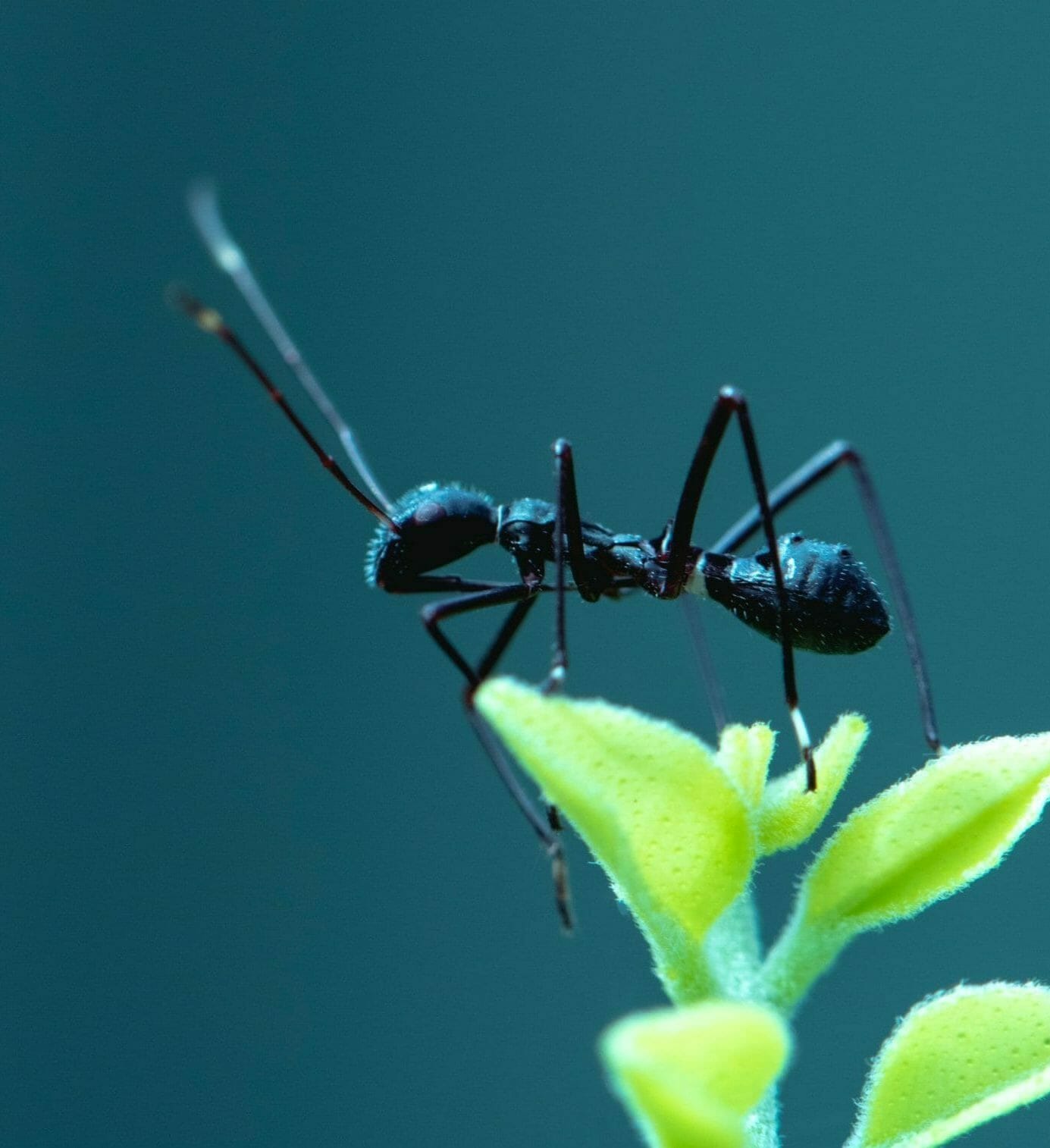Ants: The Tiny, Roaming Pest
Ants are an incredibly common pest that can be quite a nuisance, and are difficult to eradicate. When they find a food source, they communicate its location with the other ants in their colony and begin one of their trademark foraging lines. Once that happens, you might notice a surface like a countertop or table becoming a highway for these tiny pests. Also, ants may show up in many other places in the home on their search for food, and because they’re so tiny, you might not notice them until they’re right next to you, or completely invading your home.
While ants are one of the most benign and docile pests that you can find in your home, it’s easy to feel mentally overwhelmed by their presence. Also, ants are known to contaminate human food, and some species can hurt you or cause property damage. For these reasons, it’s best to keep your home or business as ant-free as possible.
For more information on ants, please visit the links below.

